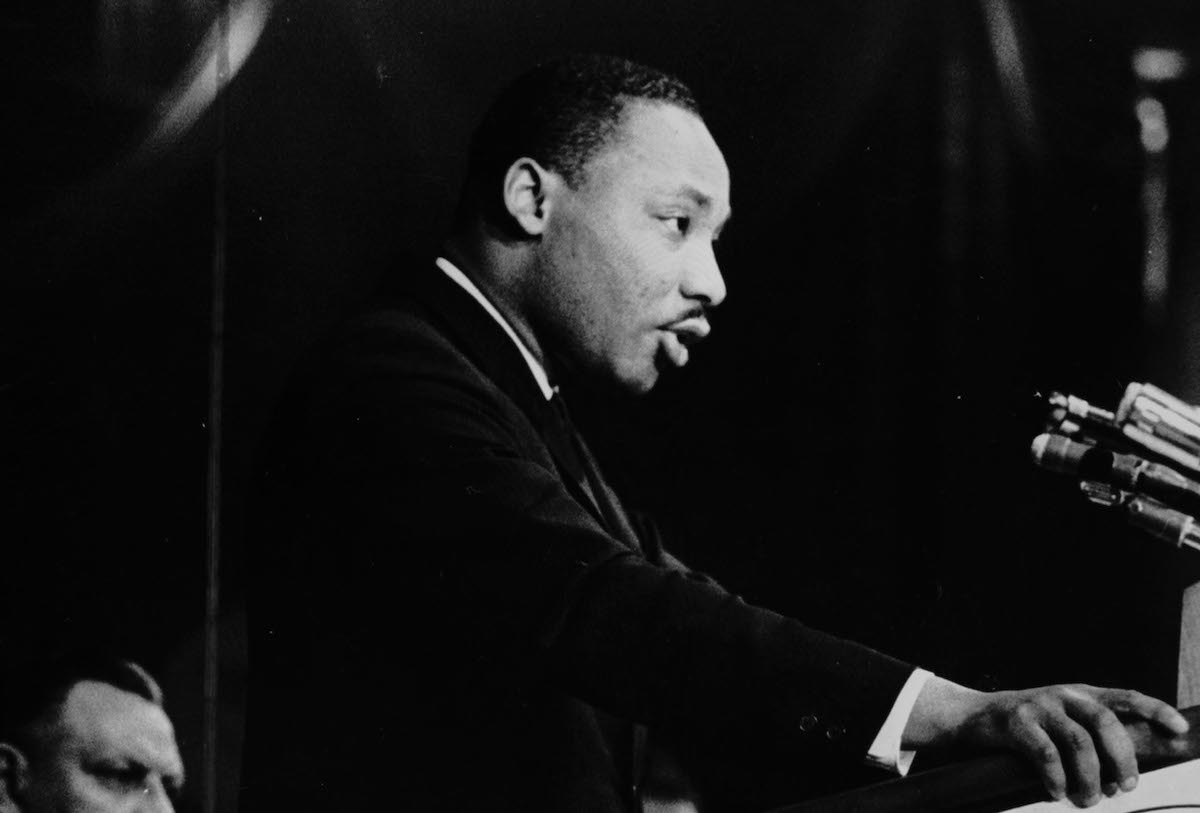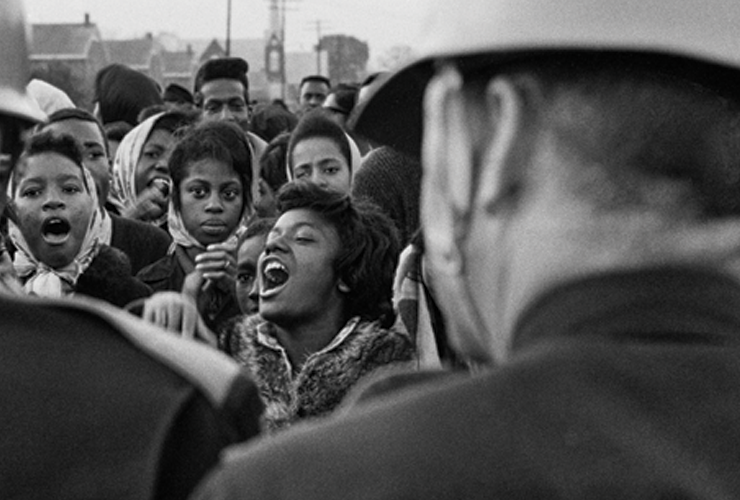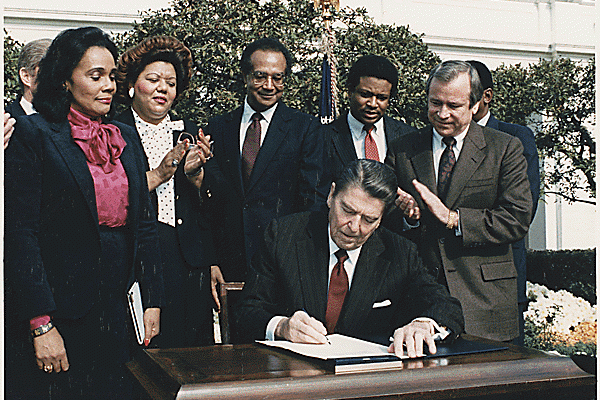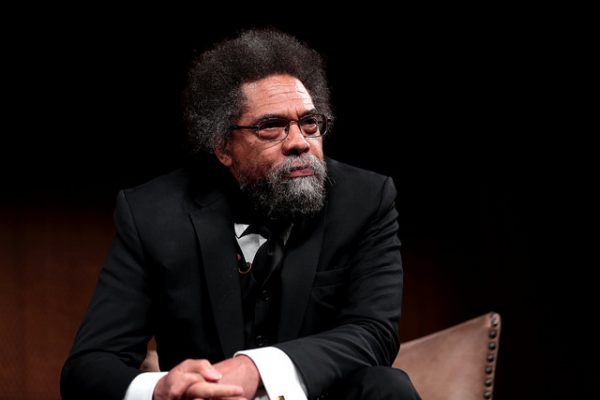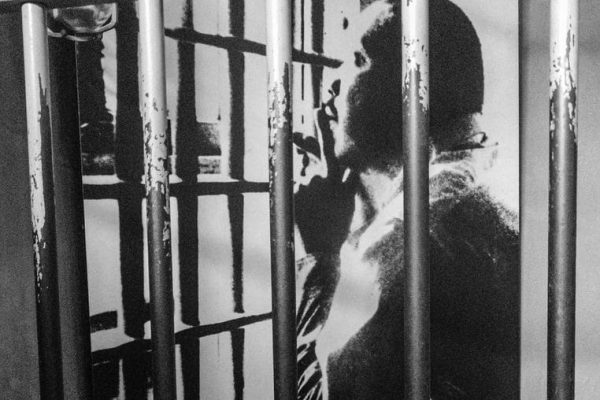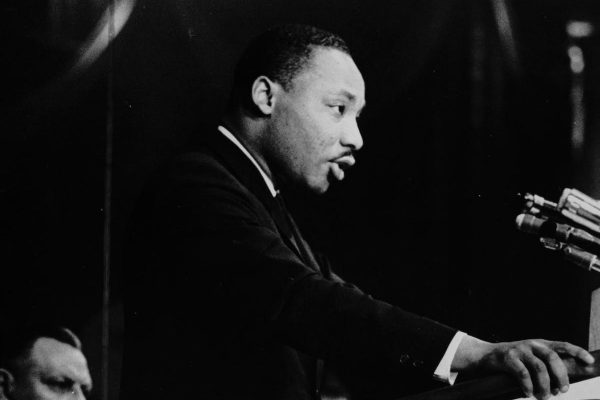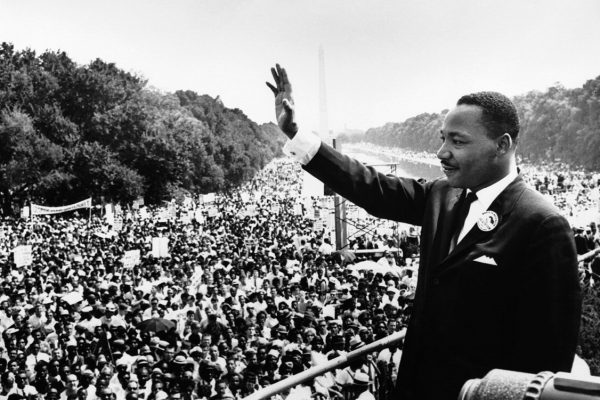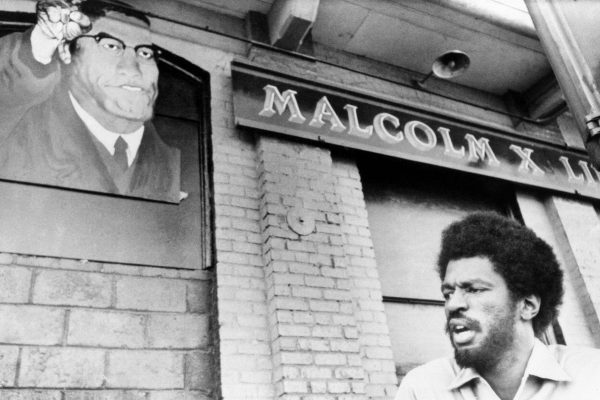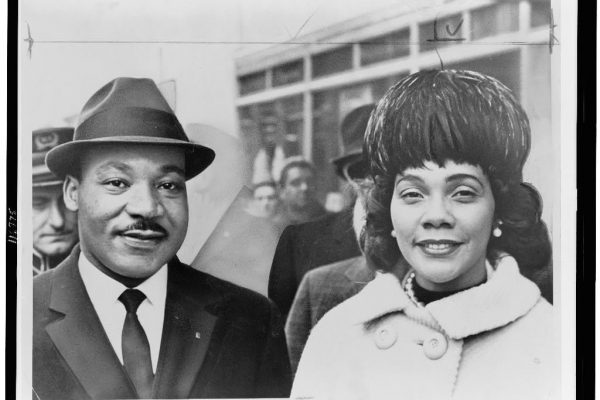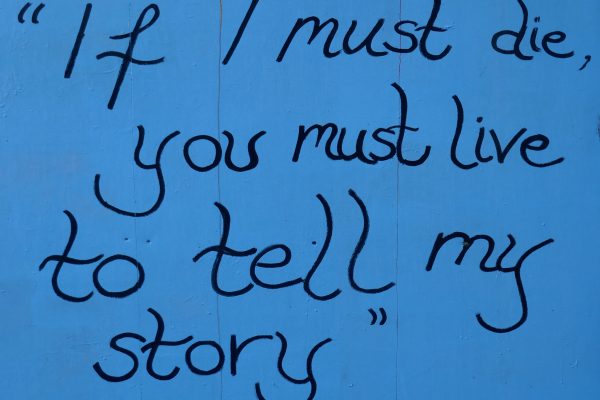Martin Luther King, Jr. is a national hero. Canonization in the United States, however, often encourages conservatism. To Americans who have grown up celebrating his birthday every January, King is often depicted solely as a champion of unity, rather than the radical organizer, anti-war protestor, and critic of capitalism that he actually was.
This is hardly surprising when each year around this weekend, King’s “least controversial words are quoted and contorted to suit every political whim” as Simon Waxman remarks. Indeed, as Christopher Petrella and Justin Gomer made clear in their 2017 essay, Reagan used the very founding of MLK day to undermine racial justice. “The day was legislated as part of a strategy to defang King of his most radical qualities while coopting him into the ideology of colorblindness,” they write.
In fact, King was so radical that 72 percent of Americans and 50 percent of Black Americans disapproved of him at the time of his murder. “We all love him now that the worms got his body,” Cornel West commented in a 2018 conversation. “But when he was speaking the truth, he was radically unsettling folk. And he was willing to be unpopular precisely because he loved the people so.”
But others were receptive to King’s message, especially the Institute of the Black World, which worked hard to foreground King’s radicalism. As Andrew J. Douglas and Jared Loggins make clear in a 2021 essay, there is much to learn from the IBW’s commitment to the critique of racial capitalism, particularly when it comes to present debates about Black scholarship in universities.
When talking about King’s radicalism, it is impossible to ignore his stance on the Vietnam War. Not only did he fervently oppose the War, he declared “his hostility to U.S. militarism in all its forms,” as Aziz Rana writes, “asserting that such hostility was integral to his account of Black freedom.” Unfortunately, as Christian G. Appy makes clear in his essay “Exceptional Victims,” sidelining this critique “was the price of King’s admission into the U.S. pantheon of heroes.”
With all this in mind, today’s reading list offers critical engagement in place of canonization. From civil disobedience to nuclear disarmament to full employment, the essays below recover—and scrutinize—the profoundly radical nature of King’s political, moral, and religious thought.
Forum
Canonization has prevented a reckoning with the substance of King’s intellectual, ethical, and political commitments.
The holiday was legislated as part of a strategy to defang King of his most radical qualities while coopting him into the ideology of colorblindness.
Cornel West on Martin Luther King, Jr., hope, and the future of activism.
Judith Butler talks with Brandon M. Terry about MLK, the grievability of black lives, and how to defend nonviolence today.
King could not accomplish what philosophers and theologians also failed to—distinguishing moral from immoral law in a polarized society.
Dr. King’s goal was full employment and universal health care.
Even as they carve out space for Black scholarship, established universities remain deeply complicit in racial capitalism. We must think beyond them.
The resistance to the Vietnam War was the most diverse and dynamic antiwar movement in U.S. history. We have all but forgotten it today.
The persistence of black poverty has become a permanent feature of U.S. democracy. We need an expanded political imagination to dismantle it.
Support for the U.S. military has long been seen as a crucial way for black Americans and immigrants to show that they “belong.”
